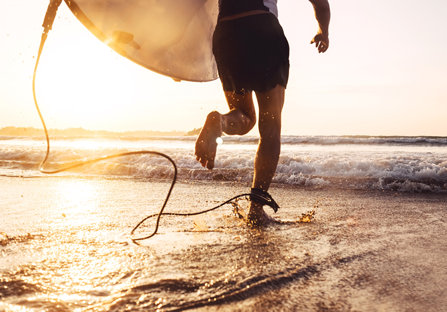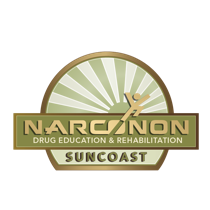Boredom: The Number-One Trigger in Early Recovery

Boredom is one of those things that I don’t feel is talked about enough when it comes to staying clean. I’m not saying it is never discussed, but it sometimes feels like an afterthought when compared to other, seemingly more complicated aspects of how to stay clean after treatment.
I’ve heard a lot about the importance of healthy relationships with family and friends and how to manage those relationships that are damaged while giving them time to heal. There is the importance of setting boundaries and/or disconnecting from the people in our lives that can be dangerous to the new way of life we are living.
I hear a lot about the importance of a healthy environment, with an emphasis on not returning to any environment that has been toxic in the past. Then there is the importance of finding employment that also isn’t toxic. Example: a person who has struggled with alcohol addiction may want to consider a career move if said career happens to be bartending.
These are all important aspects and deserve their due credit and should be evaluated before a person leaves treatment. They all played a part at different times in my life when it came to going back to addiction after getting clean. However as important as these are, the most consistent thing I struggled with was trying to fill the abundance of time dumped on my lap without feeling bored throughout the day/night.
“If a person isn’t careful or isn’t prepared, the endless loop that used to be wrapped in addiction can become an endless loop of boredom.”
My day as an addict rarely included enough time. When I wasn’t using, I was usually involved in some task that involved obtaining more of the drug I was using; whether that was coming up with the money, setting up a meet with the dealer, trying to find a dealer that had what I needed, etc. It was a never-ending loop that rarely allowed time for much else, which makes it easy to see why addiction beats a person down the way it does. As exhausting as it is and as miserable as it is, it still becomes a way of life an addict gets used to living. So, when that endless loop ends, what do I do with all my time now? If a person isn’t careful or isn’t prepared, the endless loop that used to be wrapped in addiction can become an endless loop of boredom.
A good battle plan for leaving treatment needs to be well structured. But not something that sounds good on paper that I know I’m not going to stick to. Something realistic to the point that it doesn’t feel like a chore every day to follow, but also doesn’t allow a ton of wiggle room to deviate from any time I want without consequences.
For example, allotting three hours a day for work around the house may seem good on paper, but the first time I’m not feeling like doing that and would rather watch Netflix, that’s probably what I’m going to do. That’s not a routine I’m likely to stick to, and considering the only person holding me accountable is me, it’s easy to see why that wasn’t a good battle plan for me early on. That’s not to say keeping my responsibility factor up and scheduling a time to keep my house in order is a bad thing, or unnecessary, it just means that if I know I’m not going to do it for three hours a day it shouldn’t be part of my plan.

I was able to find a routine that both held me accountable and allowed me to stay busy without giving me ample opportunity to sit around and start feeling sorry for myself.
I incorporated exercise and the gym as much as possible to keep me feeling good and I simply got into the routine of staying busy. But the main way I achieved this was by making a plan I knew I could and would follow. I knew from experience that complacency had been an issue for me in the past and I also knew I was going to do things differently this time. I realized that boredom is simply a result of the way I choose to use that extra time and not something that I had to sit and deal with all the time and white knuckle through without getting high. All I had to do in the end was to find the structure I needed to keep me busy while also allowing the right amount of time to unwind and recharge at the end of the day.
After the routine set in, boredom wasn’t an issue anymore and the fight against it was over. The best part about that is that I’m living drug-free without worrying about getting through the day. I’m just living and that’s the most peaceful feeling I’ve had in many years.
If you or anyone you know is seeking help, please reach out.
Justin P—Narconon Suncoast Graduate

